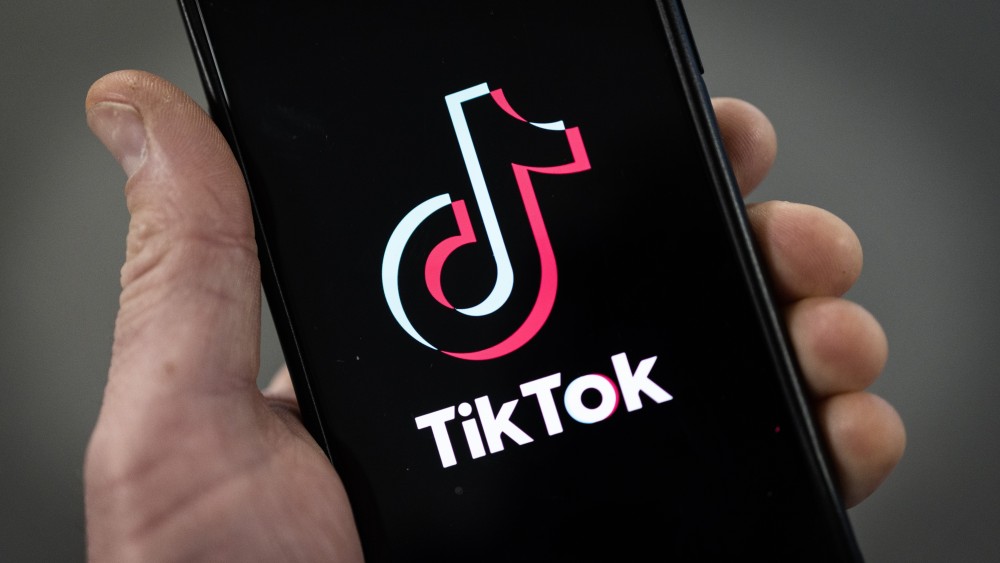
Montana would become the first state in America to fully ban TikTok starting in 2024, after the state’s legislature passed a bill Friday banning the short-form app over security risks related to its ownership by China-based ByteDance. The bill now goes to the desk of Montana Gov. Greg Gianforte before it becomes law, while TikTok said it plans to fight the legislation.
Under the Montana legislation, TikTok would face fines of up to $10,000 per day per violation if it continued to operate in the state. In addition, the state could impose penalties on Apple and Google if they let users in Montana download the app from their respective app stores.
The Biden administration has threatened to enact a nationwide ban on TikTok unless ByteDance sells its ownership stake in the app. Similarly, the legislation in Montana would roll back the restrictions on the app if ByteDance sells TikTok.
The Montana bill says that “the People’s Republic of China is an adversary of the United States and Montana and has an interest in gathering information about Montanans, Montana companies, and the intellectual property of users to engage in corporate and international espionage.” The legislation also says that China’s government “exercises control and oversight over ByteDance, like other Chinese corporations, and can direct the company to share user information, including real-time physical locations of users.” In addition, the bill alleges that “TikTok fails to remove, and may even promote, dangerous content that directs minors to engage in dangerous activities.”
A spokesperson for Gianforte told CNN, “The governor will carefully consider any bill the legislature sends to his desk.” In December, Gianforte banned TikTok from state government devices; the Montana University System also banned TikTok after the governor urged it to follow suit.
TikTok blasted the passage of the Montana bill as an attempt to “censor American voices.”
“The bill’s champions have admitted that they have no feasible plan for operationalizing this attempt to censor American voices and that the bill’s constitutionality will be decided by the courts,” TikTok said in a statement. “We will continue to fight for TikTok users and creators in Montana whose livelihoods and First Amendment rights are threatened by this egregious government overreach.”
Analysts said the chances of a U.S. ban on the app increased after CEO Shou Zi Chew’s appearance before a House hearing last March, given deep skepticism expressed by lawmakers — Republicans and Democrats alike — about his answers about China’s influence over TikTok and the communist regime’s ability to track user data via the app, as well as TikTok’s efforts to curb misinformation and harmful content. China’s commerce ministry had said said it was “firmly opposed” to a forced sale of TikTok and that any such transaction would be subject to Chinese government approval.
A survey released last month by Pew Research Center found that 50% of American adults favor a U.S. government ban of TikTok, which claims to have more than 150 million U.S. monthly users. The survey of American adults, conducted between March 20-26, found that among people who actually use TikTok just 19% support a ban.
Donald Trump, in the final months of his presidency, attempted to enact a TikTok ban also over perceived national security threats posed by its Chinese ownership. Federal judges ruled that Trump overstepped his authority in ordering a ban on TikTok, finding the administration’s hypothetical concerns about TikTok’s security risks unconvincing.













